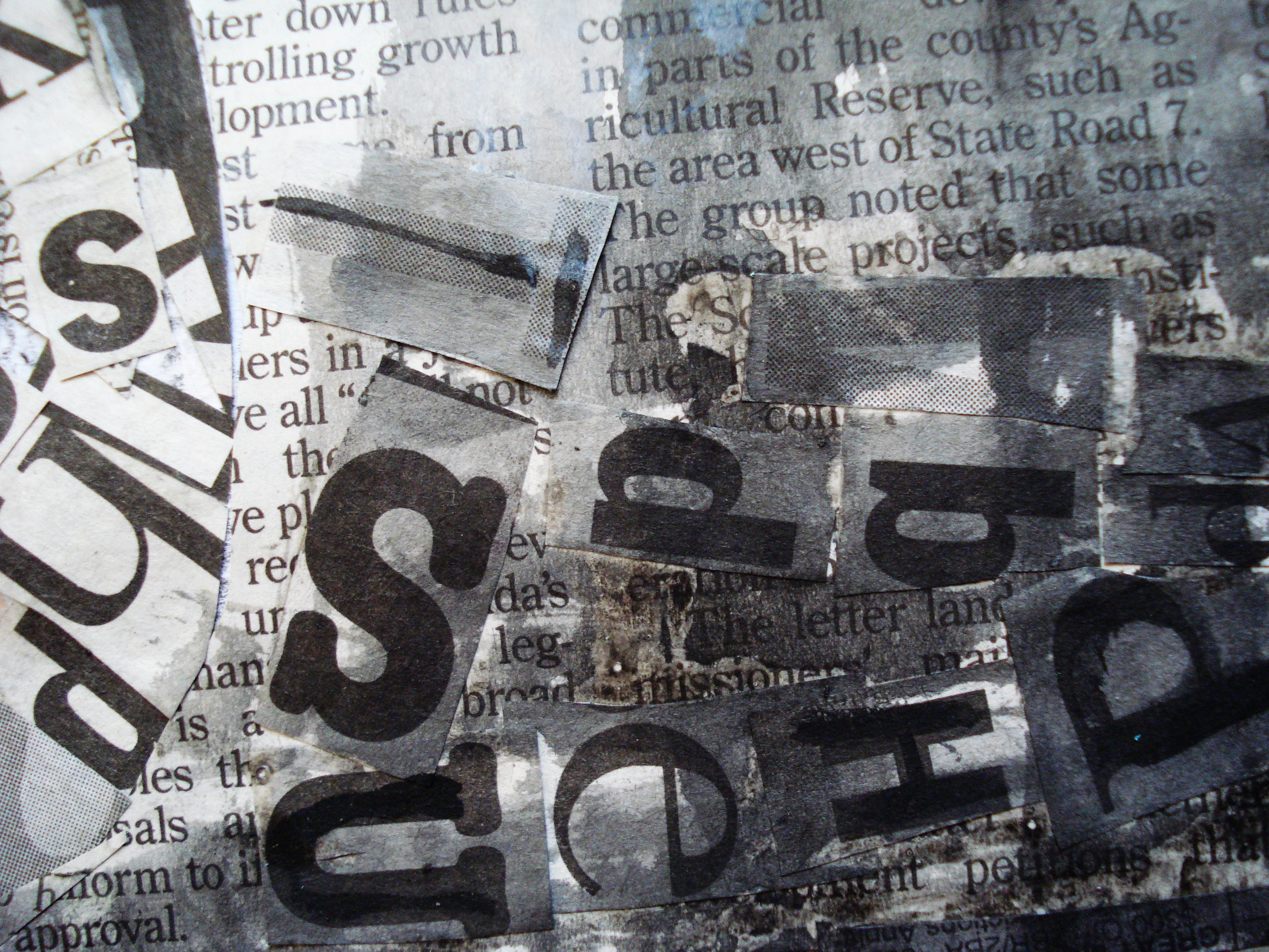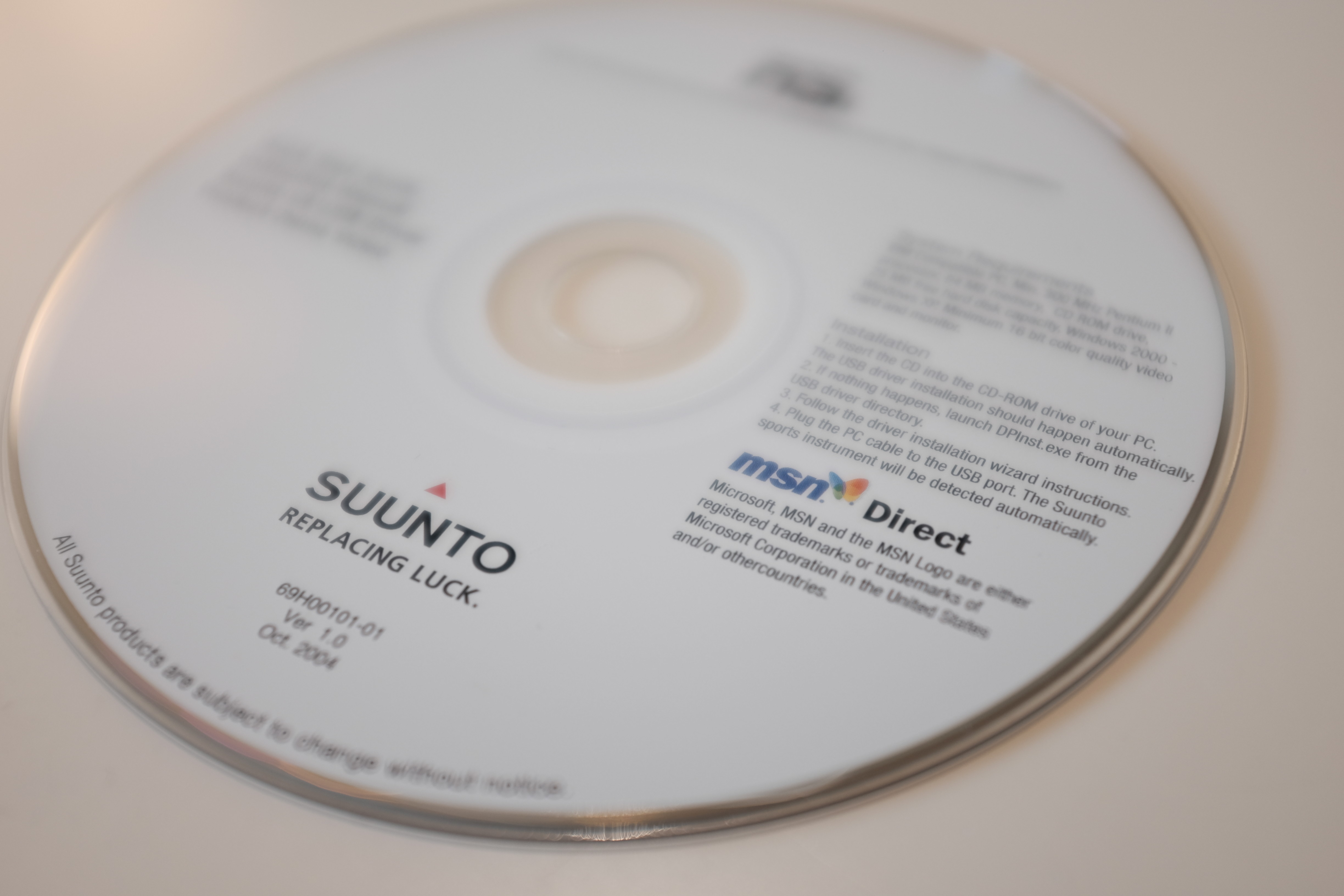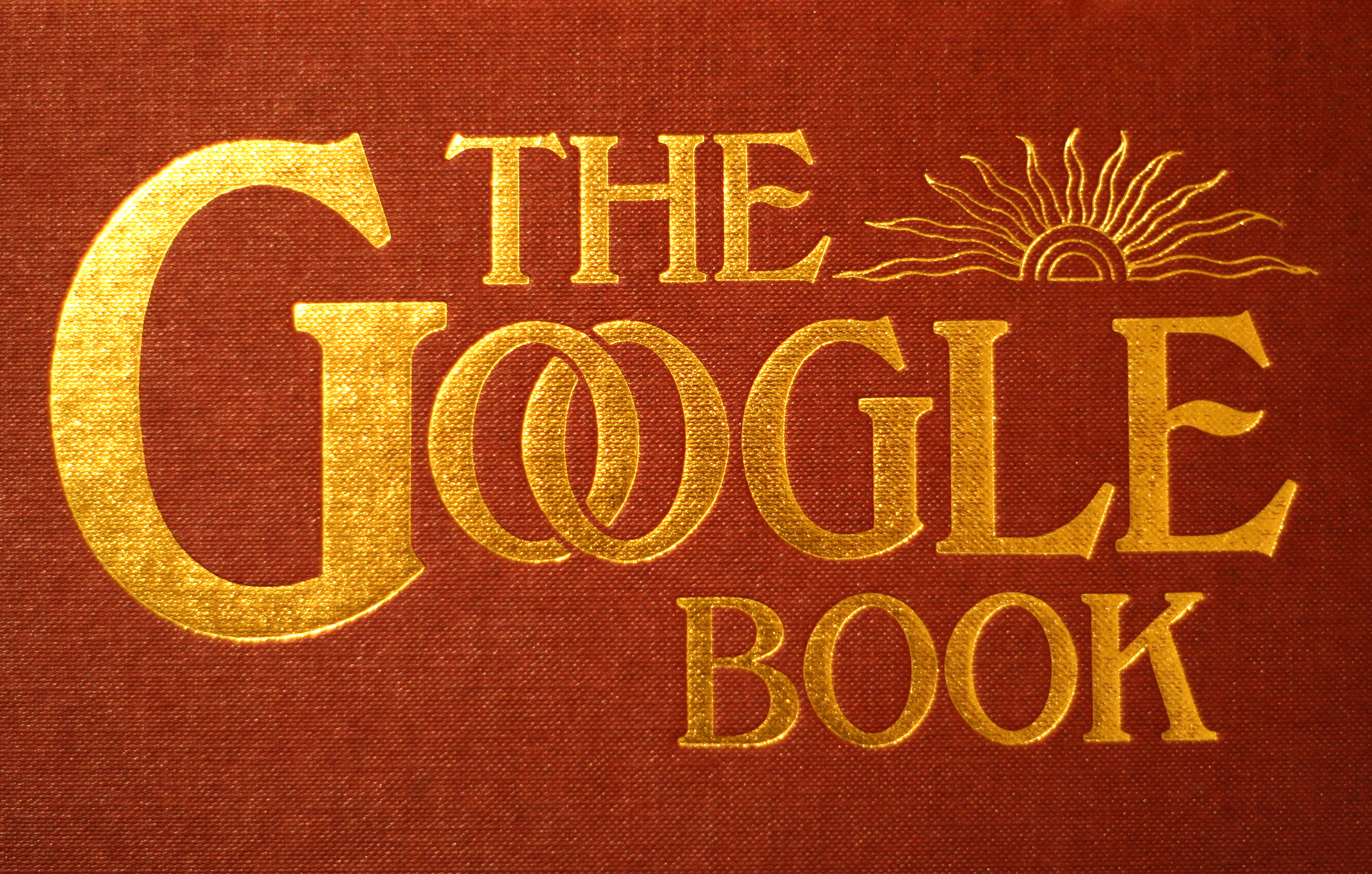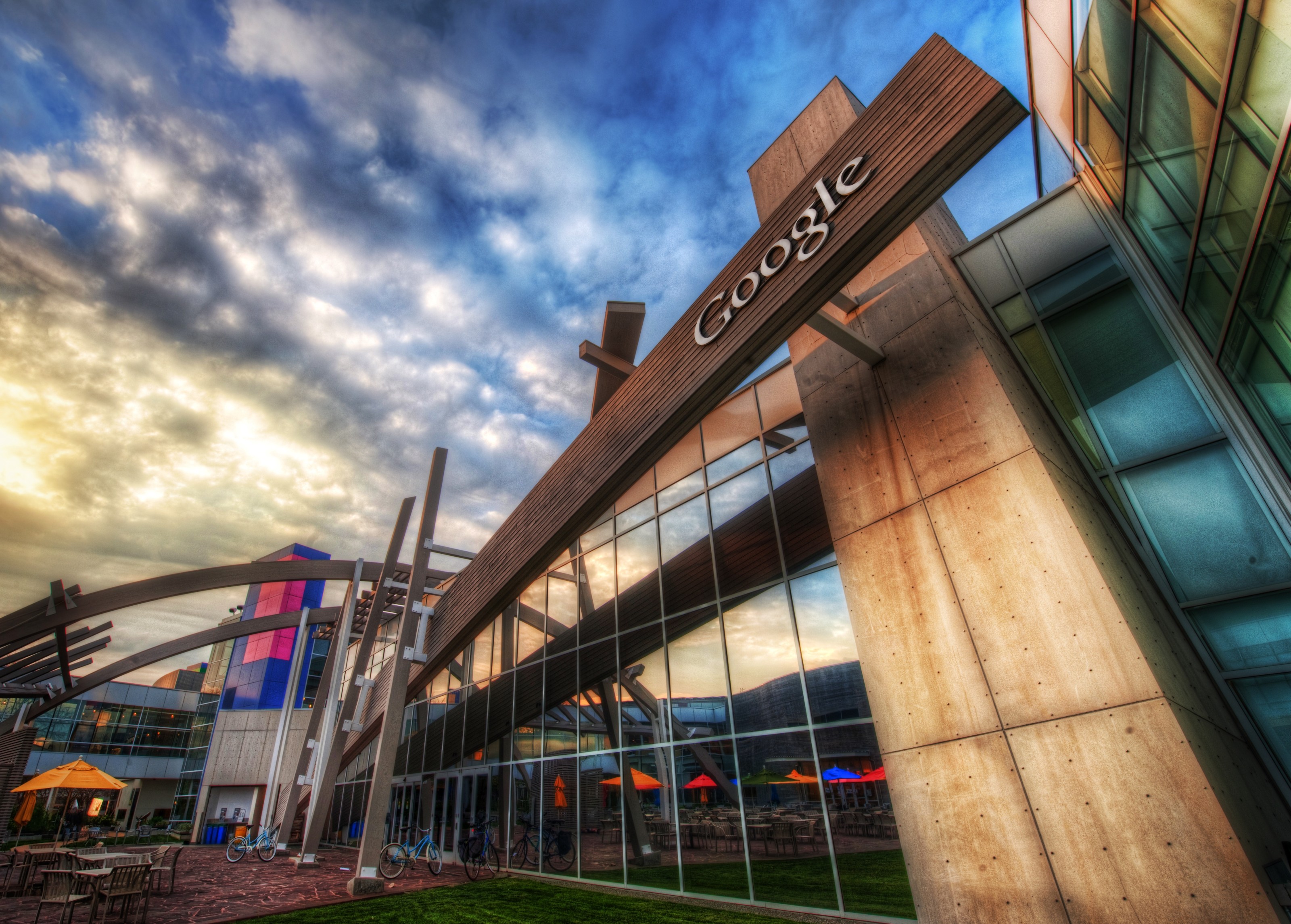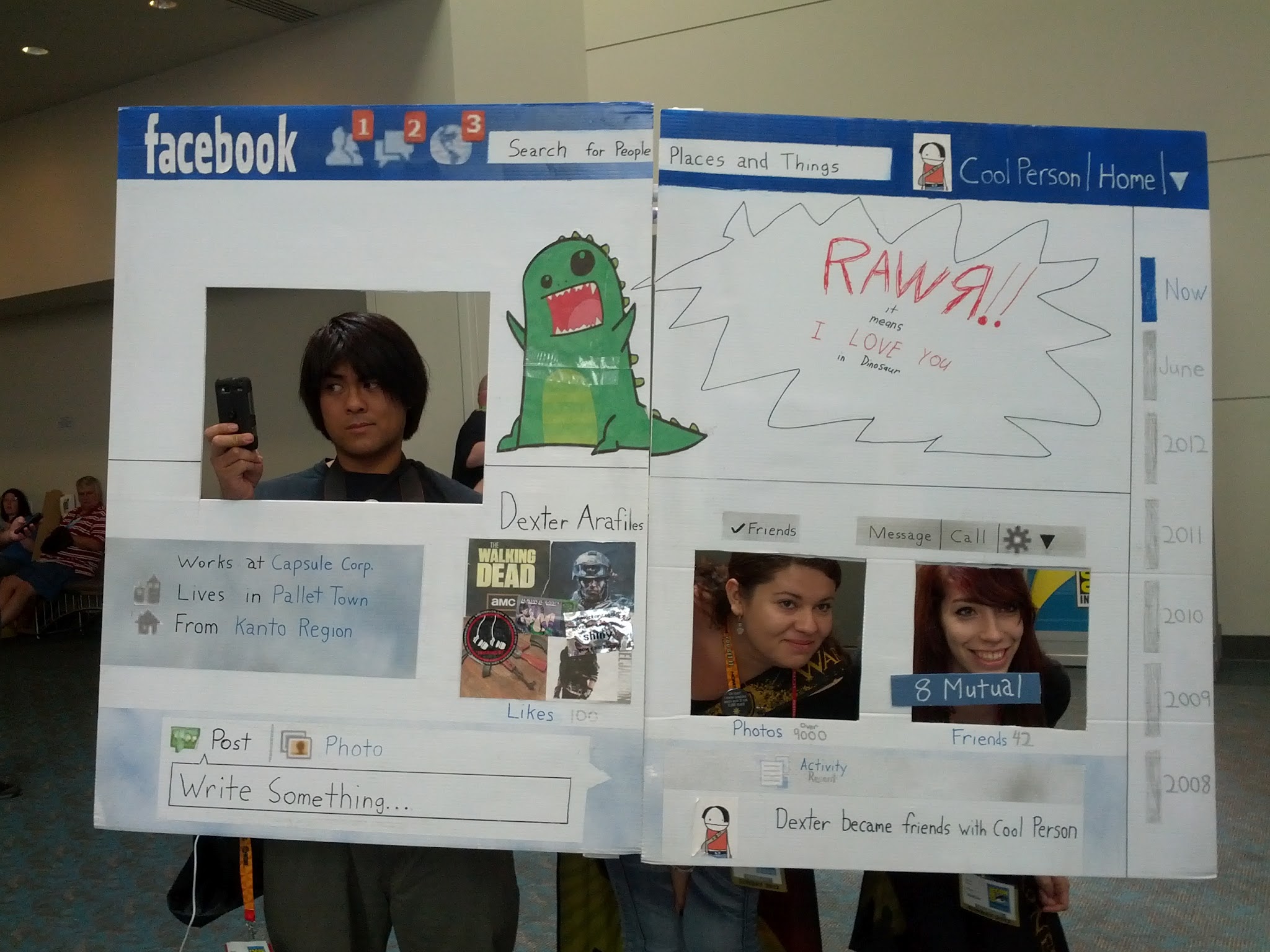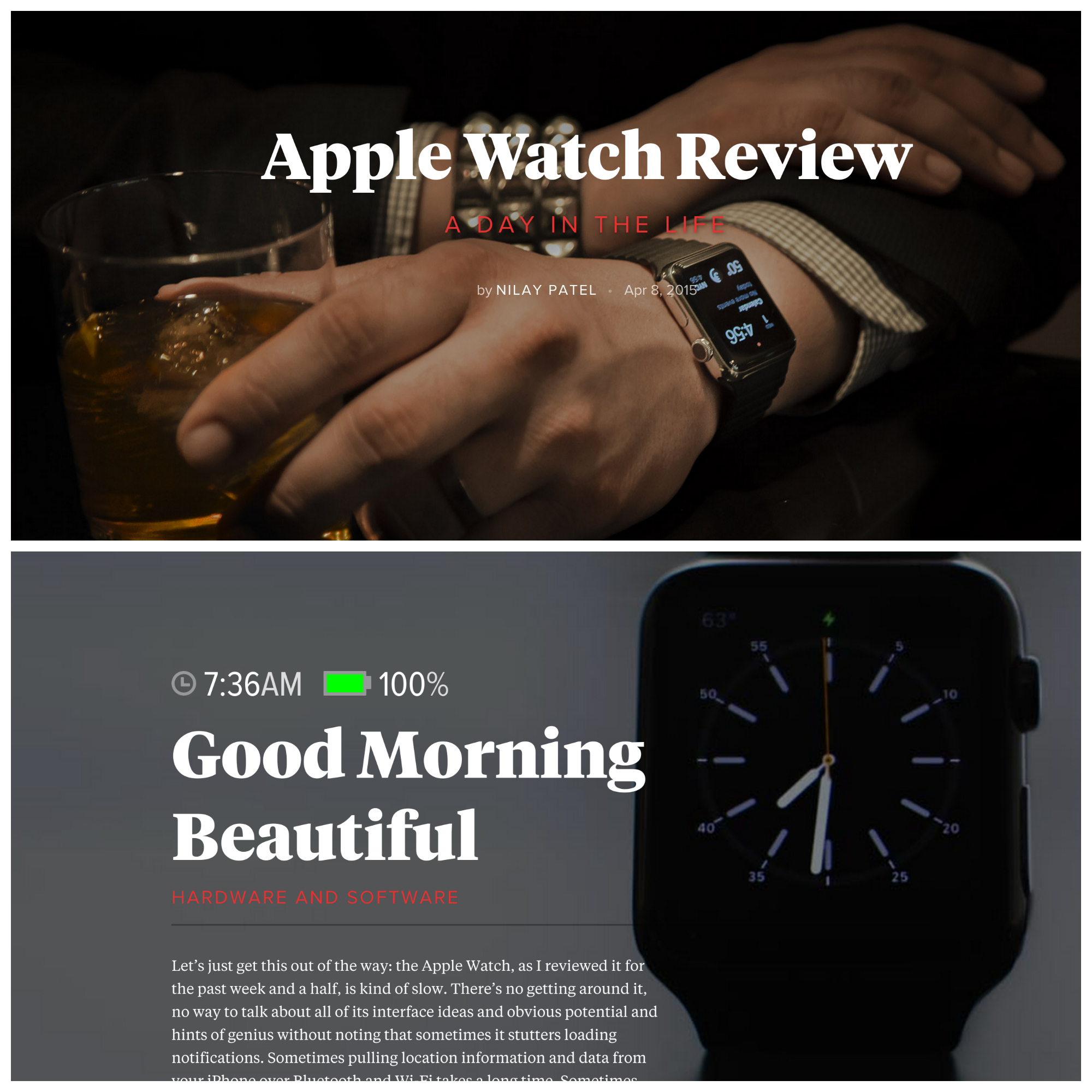Today’s excerpt from Responsible Reporting: Field Guide for Bloggers, Journalists, and Other Online News Gatherers spotlights the fourth type of journalism. The other three: Contextual, process, and conversational. Advocacy journalism is the most provocative of the five that the ebook identifies. Many people working in traditional news media outlets would scoff at the idea.
They would be wrong. Advocacy journalism has a long history—centuries old—but the Internet magnifies its reach and the soapbox upon which its proponents stand.


